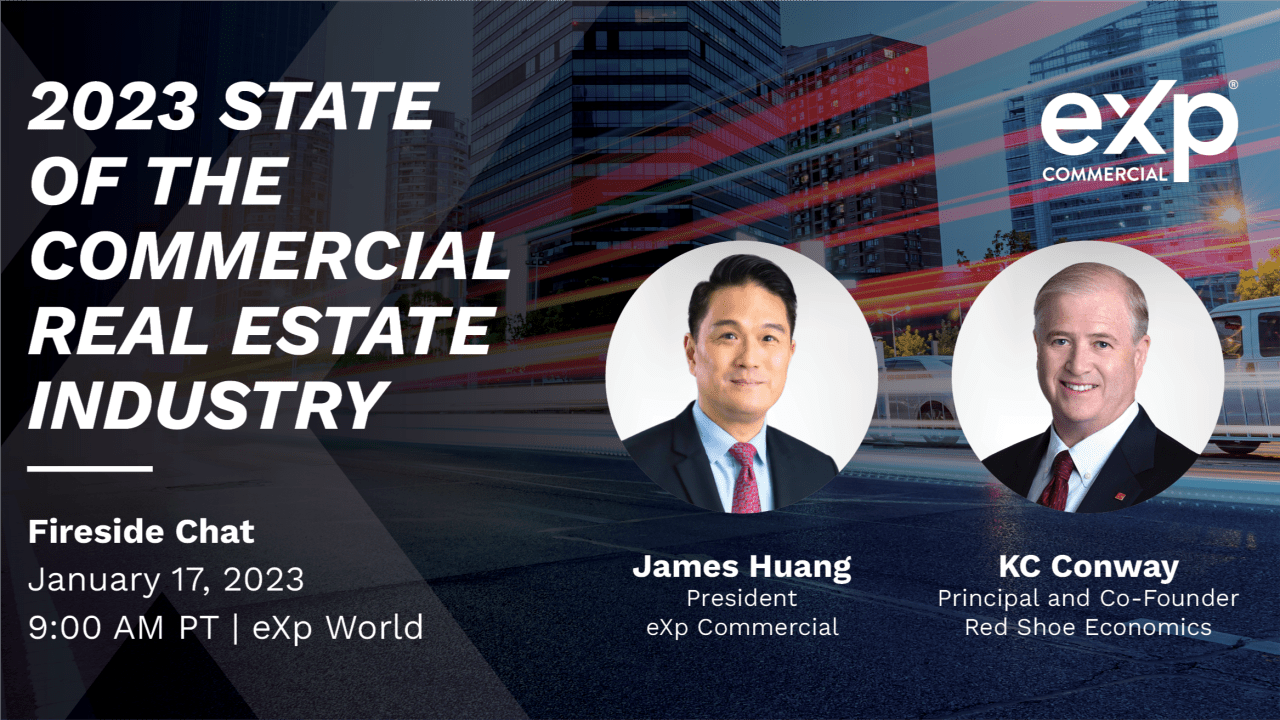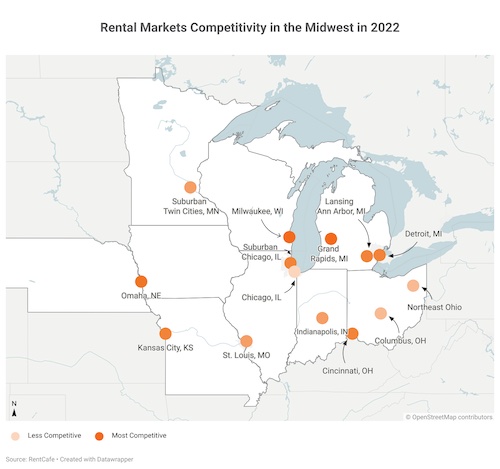
Using Data to Drive NOI
Real-time data helps multifamily leaders make better decisions, faster; ultimately being the key to driving NOI. We’re big proponents of using data to show your people what to do next versus telling them what to do. It’s a crucial practice to driving sustained organizational revenue and winning as a team in an industry that lags others in terms of innovative practices.
Here are three actionable use cases that our team presented at the RETCON 2022 Conference to illustrate the NOI power of showing versus telling.
Marketing Case - Show What Ifs
A multifamily client (Asset Manager) was faced with a New York property that was falling short of its occupancy goals despite a relatively high-cost unit marketing spend.
Instead of immediately increasing their marketing spend, they dug into the data and found:
- Property Lead to Visit conversion exceeded the NYC market’s (37.9% vs. 24.6%)
- Property Visit to Application conversion lagged the NYC market (8% vs. 43.2%)
- Property Cost per Lead is $65 compared to the NYC portfolio average of $50
- Property Cost Per Lease of $844 compared to the NYC portfolio average of $500
Here’s where the rubber meets the road. Conversion after touring was less than half of other NYC projects. This revealed a few great opportunities:
- Was Marketing overselling? Was Leasing following up? Was pricing right?
- What were the reasons the property couldn’t convert prospects?
While it may seem counter-intuitive to reduce Marketing spend while trying to drive more traffic, using the data to play out what-if scenarios (traffic conversion to application, optimizing traffic sources, etc.) allowed the client to focus on key areas to drive efficiency and effectiveness.
Visualization Case - Show Trends
In the first month of a lease-up, another multifamily client (Owner Operator) was reviewing the leasing velocity data of their high-rise development. They started their conversation with a look at the occupancy and availability through their elevation visualization.
This allowed them to visualize current data using 2D, 3D, and geospatial models of their lease-up. Seeing some floorplans/stacks lease more quickly and others more slowly, they found there was something geographically appealing about a particular side of the property.
This revealed a big opportunity:
- Add the $500 amenity fee to applicable units before losing more revenue
- Double-check for other missed amenity fees across the property
Data visualization allowed the team to quickly spot this unusual trend and gain clarity around unit-specific nuances that were impacting leasing and NOI.
Renewal Case – Show Variables
We’ve all heard the age-old saying that it costs more to hire a new employee than it does to retain one. Well, the same goes for multifamily, thus the importance of effectively managing renewals, which often make up 50% or more of a property’s NOI.
A multifamily client (Owner Operator) built an analytically driven culture and NOI within their organization by deploying a Renewal Negotiation Dashboard that co-mingles data from different sources so that Community Managers could see all the variables that might play into a resident’s decision to renew their lease or not.
The following data provided all the answers to questions that a resident might raise during a renewal discussion and empowered managers to know the entire lease story for any resident who walked through the door within minutes.
- Financial data - ledger information to see whether there were outstanding amounts owed
- Revenue management data – to see how market rates were trending vs. the offered rent
- Leasing history data – no matter who handled the renewal, they had all the information
- Service requests data – gauge a resident’s satisfaction with the quality of the apartment
By making this data available, Community Managers across the organization were empowered to gauge when they were in a position of strength to negotiate or weakness.
These are only a few examples of wins that have come out of using data to show versus tell. What could your data be showing you? How could you be using data to lead your teams to faster and better decisions? Is your data hindering or driving your NOI?
Source: Show Don’t Tell – Using Data to Drive NOI
https://www.creconsult.net/market-trends/show-dont-tell-using-data-to-drive-noi/






